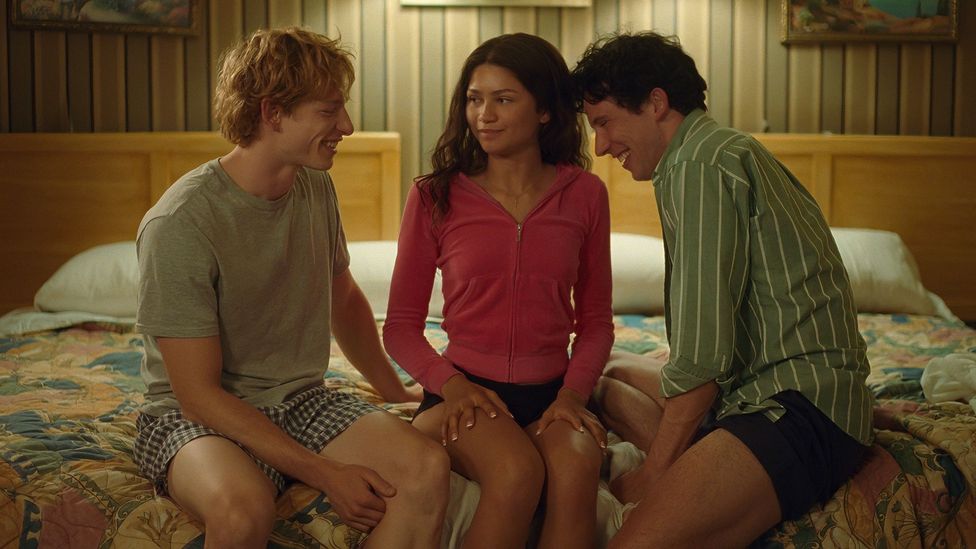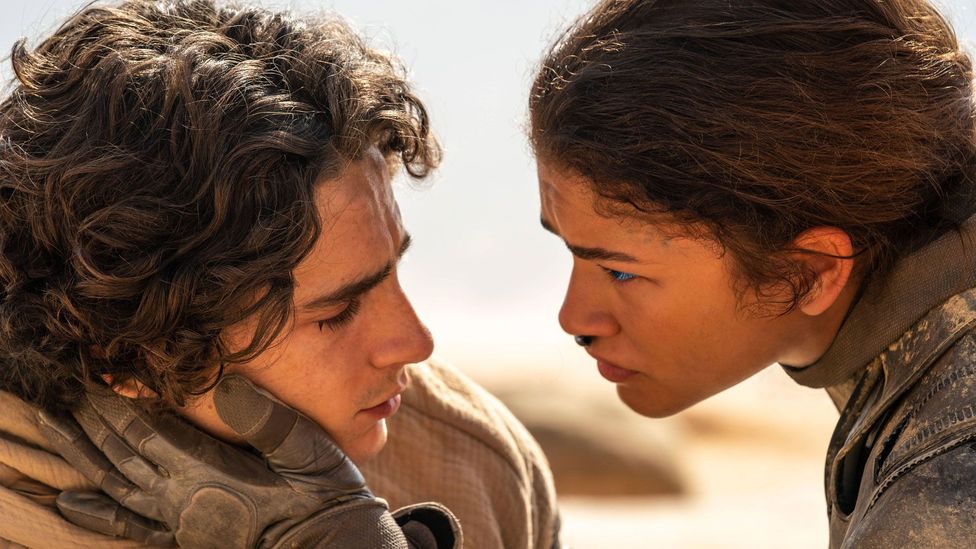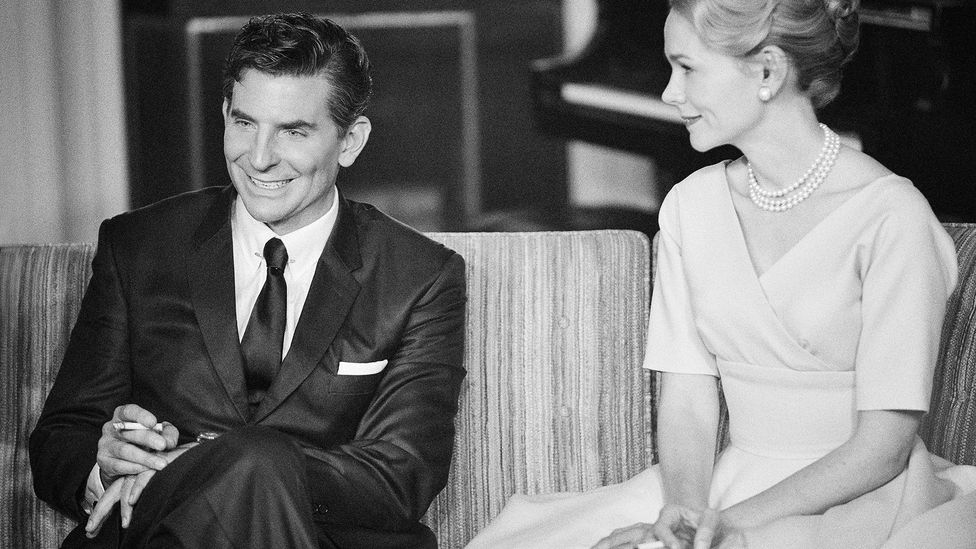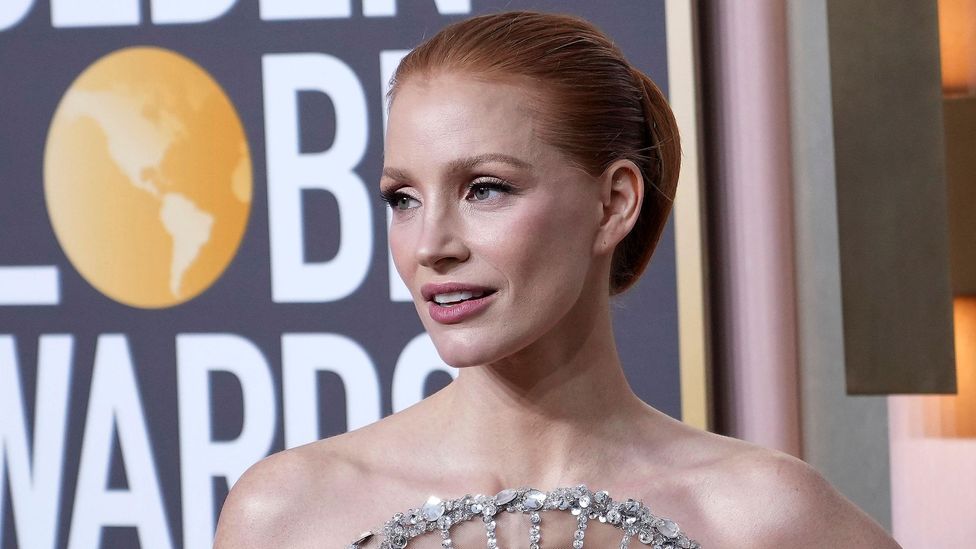Returning to the Venice Film Festival towards the tail-end of the pandemic in September 2021, a group of newly vaxxed, tested and masked film journalists journeyed to the Lido to see a brilliant slate of films, including sci-fi epic Dune, Campion’s homoerotic western The Power Of The Dog and harrowing feminist autobiographical tale Happening. It felt at the time that, gratifyingly, cinema had weathered the terrible storm of the previous 18 months, and only better days could lie ahead. Two years on, however, and as the industry hits the Lido once more from today, unfortunately an altogether different crisis has left it reeling.
More like this:
– The film that predicted Hollywood’s AI crisis?
– Are we in the age of the ‘flopbuster’?
– The 10 best films to watch in September
At present, the Writers Guild of America (WGA) strike has lasted since early May, and negotiations to end it are still ongoing, but both sides are accusing the other of being unreasonable. To make matters more tense, on 14 July SAG-AFTRA (the Screen Actors Guild) joined the strike, and now labour disputes involving both actors and writers have brought Hollywood to its knees, with production suspended on the majority of its films and television programmes.

Luca Guadagnino’s Challengers, starring Zendaya, was pulled from its opening night Venice slot (Credit: Alamy)
The strikes also mean that the film festivals that populate the autumn season will feel very different. In accordance with union strike guidelines, the majority of Hollywood productions premiering at them will have no actors or writers walking the red carpet or doing press. The ramifications of this are potentially huge for some of the larger Hollywood films like David Fincher’s The Killer, with Michael Fassbender and Tilda Swinton, and Bradley Cooper’s Leonard Bernstein biopic Maestro, in which he stars alongside Carey Mulligan; none of those aforementioned stars will be attending Venice, including Cooper, who despite being a director as well as actor, will not attend, in solidarity with SAG-AFTRA.
A star-free promo trail
As Erik Anderson, editor-in-chief of AwardsWatch, which tracks Hollywood’s awards season and predicts its outcomes, tells BBC Culture, the absence of these films’ stars from their promo is extremely worrying for all involved: “What is crucial about actors promoting their work first and foremost is visibility. In the streaming era and the era of commercial-free television, many audiences simply aren’t aware of films and television shows coming out until they’re here.”
That’s likely why two very starry films have been removed from the autumn calendar entirely: last week, it was announced that perhaps the autumn’s biggest blockbuster Dune: Part Two, featuring Timothée Chalamet, Zendaya and Florence Pugh, would be pushed back from November to March 2024. And before that another Zendaya film, romantic drama Challengers, from Call Me by Your Name director Luca Guadagnino, had already given up Venice’s coveted opening night slot and delayed its release to April 2024.

Dune: Part Two’s release has now been moved from November to March 2024 (Credit: Alamy)
The Venice Film Festival, which is known to kick off awards season and last year premiered major awards winners The Whale, Tár, Blonde and The Banshees of Inisherin, is now in a tricky position. The festival claims that, Challengers aside, its slate has remained unchanged by the strikes. But the 80th festival, which, on top of Maestro and The Killer, is showing new works by awards darlings Yorgos Lanthimos, Sofia Coppola, Wes Anderson, Michael Mann and Richard Linklater, is premiering films that now have an uncertain future. After all, these types of films benefit from awards attention and as Erik Anderson lays out, “the SAG-AFTRA strike stipulates that actors cannot attend awards shows so if there isn’t a fair resolution by the end of the year, the shows set for January (Emmys, Golden Globes, Critics’ Choice) could become nothing more than a press release”.
But it’s not all doom and gloom, as the strikes don’t mean a wholesale blanket ban on red carpet glamour. For one, non-US films are not bound by the strikes, so new works from auteurs Ryusuke Hamaguchi, Pablo Larraín and Nikolaj Arcel don’t face the same restrictions. In addition to that, interim agreements between the unions and certain US producers mean that not all US film companies are being struck against. So not only are the likes of A24 and Neon able to continue making films, but particular festival-bound projects whose backers negotiated interim agreements – like Michael Mann’s Ferrari and Sofia Coppola’s Priscilla – can deliver the full Venetian premiere, press and all. When it comes to stars, that means that the likes of Adam Driver, Jessica Chastain and Mads Mikkelsen will still be seen in their glad rags.

Bradley Cooper’s Maestro will be premiering at Venice without its star/director (Credit: Netflix)
And even without the full glitz and glam of US stars, film festivals have already been thriving. This year’s Edinburgh Film Festival saw some of its most famous potential attendees unable to participate due to the strikes, but for the festival’s executive producer Tamara Van Strijthem, that solidarity was a powerful statement. “While it would have been lovely to welcome them, we also totally understand the importance of this industrial action. All film festivals exist to showcase the fruits of filmmakers’ labour, so we mainly want to express solidarity with the screenwriters and performers who are organising for a better outcome for cinema in the future.” And even without the influx of Hollywood into Scotland’s capital, the festival found no shortage of enthusiasm for its slate. “This year we were glad that 71% of our cinema screenings were sold out including international and local films,” says Van Strijthem “showing there is a real appetite for a broader array of cinema.”
The long-term effects
But beyond the immediacy of what happens at the festivals, the knock-on effect of the strikes is already looking deeply alarming, and will continue to do so until a deal can be found: as well as Challengers and Dune: Part Two moving to 2024, production has stopped on the latest Spider-Verse and Mission: Impossible films, as well as Ridley Scott’s much-anticipated Gladiator 2. In a particularly bad stroke of luck, strikes also reportedly shut down production on mega-hit musical adaptation Wicked, whose first part is slated for release in November 2024, with just a few days of principal photography to go. Certainly, there could be a stark 2024 ahead for Hollywood studios.
The most optimistic way to view the knock-on effects of the strikes would be to hope that the absence of Hollywood studio content opens up space for independent cinema and foreign films to fill the void. But the mainstream US film industry could be doing irreparable damage to itself. As former Paramount and 20th Century Fox CEO Barry Diller told CBS’s Face the Nation programme in July, the strikes continuing, combined with other factors such as the challenges faced by cinemas post-Covid and the huge losses being incurred by streaming platforms, could “potentially produce an absolute collapse of an entire industry”. And no exemptions for festival attendance can rectify that issue.
That cinema is facing such an existential threat right now is a particularly strange state of affairs following the recent meteoric success of “Barbenheimer”, two critically adored films from visionary directors, written with clear, unbridled creativity, and featuring casts of talented movie stars, which strongly contrast with 2023’s series of commercially disappointing sequels and superhero franchise extensions. Certainly, their success would appear to work in the strikers’ favour – for it suggests investing in singular talent is the path to profit. As critic Mary McNamara wrote in the Los Angeles Times: “If the Alliance of Motion Picture and Television Producers, which represents the studios, thought they could force concessions by continuing to leverage the notion that America is out of the moviegoing business, ‘Barbenheimer’ proved them wrong.”

Jessica Chastain is one of the stars who will still be seen on the Venice red carpet (Credit: Alamy)
Both Barbie and Oppenheimer were released when the WGA strikes were well underway, but their premieres coincided with the beginning of the SAG strikes, with the Oppenheimer cast leaving the London premiere midway through in order to join the picket lines. They had been able to do lots of promo beforehand however, and as the last films out of the blocks before everything changed, Anderson believes that they could reap the rewards come awards season: “I think they were both set to do very well but with a major competitor like Dune Part Two moving to 2024 it will make it even easier. If any more films move, that path becomes almost inevitable.”
Even if the strikes resolve in time to allow Hollywood to resume normal service for the Oscars et al, the damage that will have done in the meantime could still be seismic – and the ramification for the studios could extend far beyond Dune: Part Two’s rescheduled premiere.